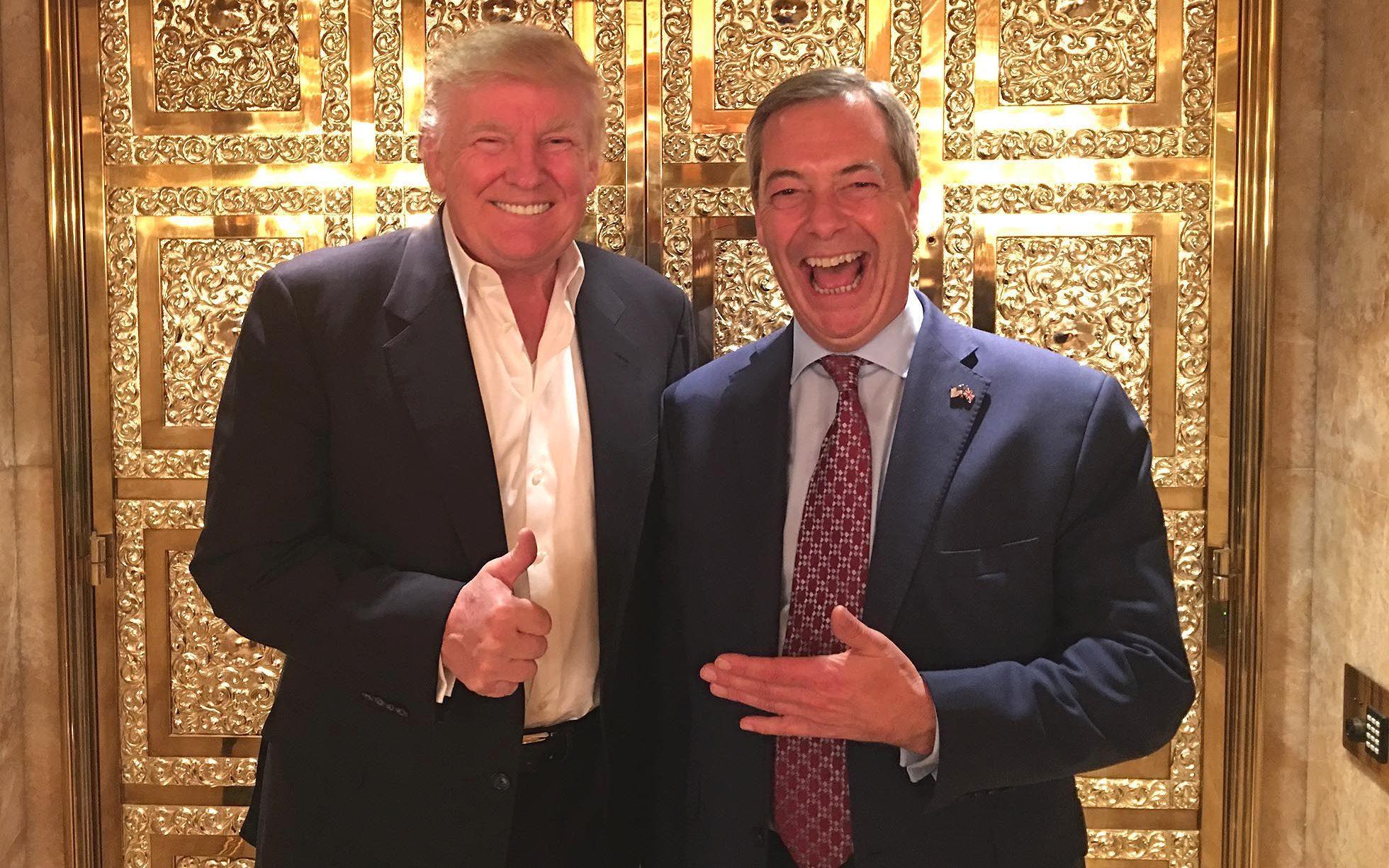‘Post-truth’ named Oxford Dictionaries’ Word of the Year in wake of Donald Trump and Brexit
It beat 'alt-right', 'Brexiteer' and 'woke'

Your support helps us to tell the story
From reproductive rights to climate change to Big Tech, The Independent is on the ground when the story is developing. Whether it's investigating the financials of Elon Musk's pro-Trump PAC or producing our latest documentary, 'The A Word', which shines a light on the American women fighting for reproductive rights, we know how important it is to parse out the facts from the messaging.
At such a critical moment in US history, we need reporters on the ground. Your donation allows us to keep sending journalists to speak to both sides of the story.
The Independent is trusted by Americans across the entire political spectrum. And unlike many other quality news outlets, we choose not to lock Americans out of our reporting and analysis with paywalls. We believe quality journalism should be available to everyone, paid for by those who can afford it.
Your support makes all the difference.The US and UK receive a joint Word of the Year from Oxford Dictionaries in 2016, no doubt in light of their seismic political shifts.
‘Post-truth’ is the word, which it defines as “relating to or denoting circumstances in which objective facts are less influential in shaping public opinion than appeals to emotion and personal belief”.
It was at the centre of Adam Curtis’ recent BBC documentary HyperNormalisation and has been popular in journalistic coverage of both Donald Trump’s election as president and Nigel Farage’s successful Brexit campaign.
The term has been around since 1992, when it was used with regards to the Persian Guld War, but has spiked 2000% in usage this year.
‘Post-truth’ beat other political terms including ‘alt-right’ and ‘Brexiteer’ to accolade, which “reflects the passing year in language”.
A separate is usually chosen for the US and UK, but Katherine Connor Martin, the head of United States dictionaries at Oxford University Press, explained: “What we found especially interesting is that [post-truth] encapsulated a trans-Atlantic phenomenon
“Often, when looking at words, you’ll find one that’s a really big deal in the UK but not in the US.”
HyperNormalisation detailed how, in the post-truth world, we have “retreated into a simplified and often completely fake version of the world”.
The word follows last year’s controversial choice which was not a word at all but the ‘face with tears of joy’ emoji.
(via Telegraph)
Join our commenting forum
Join thought-provoking conversations, follow other Independent readers and see their replies
Comments